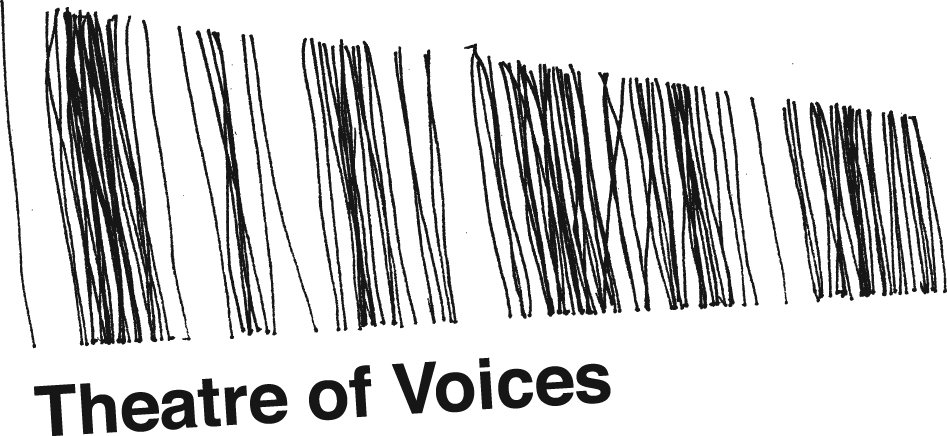Almost hypnotically (Cleveland Museum of Art)
03.02.12, Cleveland.com
Arvo Pärt Creator Spiritus, The Cleveland Museum of Art, Wednesday, Feb 1, 2012 at 7.30pm
The music of Estonian composer Arvo Part enjoyed something of a vogue in the early 1990s, along with other spiritually oriented music, including Gregorian chant and Henryk Gorecki's dreary and ubiquitous "Symphony of Sorrowful Songs."
While the fad for otherworldly sounds, thankfully, has passed, Part's unique music continues to be highly regarded by many.
Paul Hillier's four-voice ensemble Theatre of Voices has had a long association with Part's music, performing and recording it widely. On Wednesday night, Hillier brought the current edition of his tiny group to the Cleveland Museum of Art's Gartner Auditorium for a program that explored a selection of Part's choral pieces, as well as works by other similar composers.
The case of Part's artistic conversion is at the heart of his music. A profoundly talented student in the Cold War era, he found himself running afoul of Soviet-era censors, who objected to his adherence to Schoenbergian 12-tone orthodoxy.
Rather than simply switch over to run-of-the-mill Soviet realism, Part cloistered himself in silence for the better part of a decade. When he emerged from the darkness, it was with a new style of profound simplicity and a compositional technique he called "tintinnabulation" -- which, as its name suggests, derives from the musical implications in bell tones.
Accompanied by organist Christopher Bowers-Broadbent, Theatre of Voices presented lesser-known works by Part alongside pieces by Guillaume de Machaut, John Dowland, Pelle Gudmundsen-Holmgreen and Kevin Volans.
The high point of the program came before the intermission, with Part's setting for solo soprano and organ of the short Scottish folk ballad "My Heart's in the Highlands."
Where another composer might evoke the poem's spirit with a cliched "roaming in the gloaming" tune, Part emphasizes its deep sense of isolation and exile.
The words are intoned almost hypnotically on a single note, while the accompaniment weaves a slow, minor-key web around them. Soprano Else Torp, beautifully crystalline, sent an appropriately icy chill through the auditorium.
It can be said that Part's music fares best when heard in context with works by other composers.
"My Heart's in the Highlands" was nicely set up by Dowland's despairing "Lachrimae (Tears)." Likewise, Part's setting of the Latin hymn "Veni creator spiritus" was favorably amplified by a lively performance of de Machaut's 14th-century treatment of the same text. In fact, the first half of the program constituted a nicely balanced presentation.
It can also be said that a little Part goes a long way.
The second half of the program was anchored by his "Berlin Mass" of 1990, a full-length setting intended for liturgical use. Theatre of Voices gave its premiere in Berlin, and the group's performance here was marked by an authority born of long familiarity.
Unfortunately, the placement of this intensely wrought 25-minute work at the end of a rigorous two-hour program undercut its impact and left this reviewer, at least, more exhausted than satisfied.
